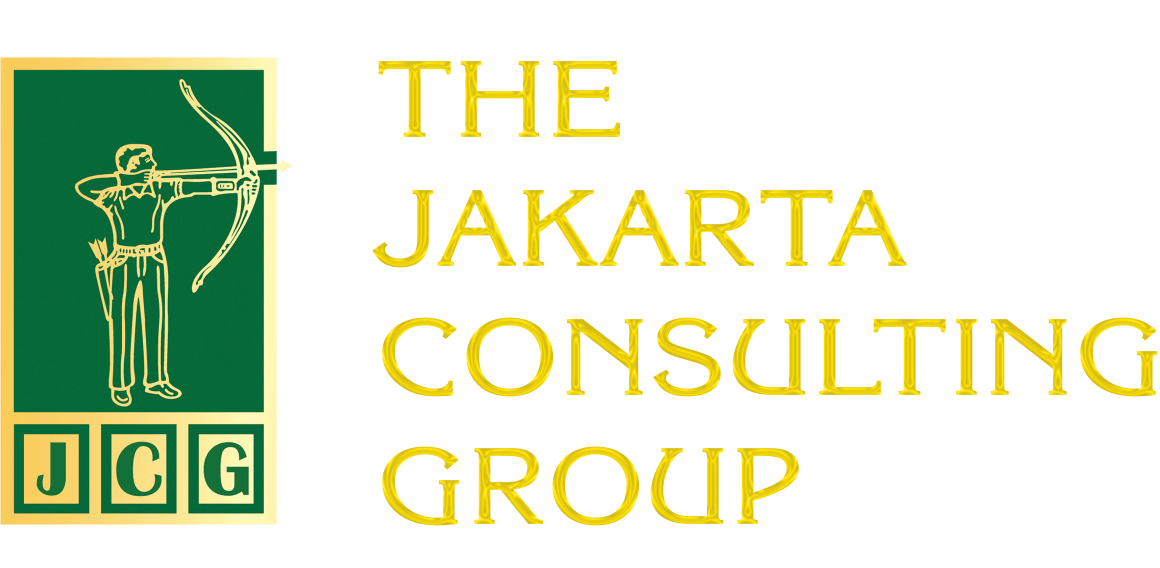What is Brown Nosing? For some people, the term brown nosing is unfamiliar. It’s different from the very popular words “sycophancy,” “sycophant,” or “sycophantic”. In fact, the meaning is the same, namely flattery and excessive or insincere behaviour aimed at winning over superiors. Hereafter, the term brown nosing will be used in this article.
There are many examples of brownnosing: praising the boss excessively; agreeing with everything the boss says even if it goes against one’s conscience or is clearly wrong; volunteering for tasks that are not important or not beneficial to the organization in order to look good; showing respect in public inappropriately; only looking good in front of the boss; commenting on something beyond one’s capacity; badmouthing other employees during gatherings; being jealous of others’ achievements; and so on.
What is Brown Nosing?
Brown nosing is beneficial to the perpetrator, but only briefly. In terms of the company, this behaviour makes the work environment unhealthy.
What do brown nosing perpetrators want? The most common is that the perpetrator wants to advance his or her career quickly. By ingratiating themselves with company officials, the perpetrator hopes to be promoted faster, receive preferential treatment, and be given prestigious assignments. For leaders who prioritize loyalty and are crazy about praise, brown nosing behaviour is likely to be responded positively. When promotion opportunities are limited or competition for promotion is fierce, brown nosing becomes a tool to outdo colleagues, including those who are more qualified. As a result, loyalty is more valuable than competence.
The next reason someone does brown nosing is to secure their job. This becomes relevant when companies face uncertainty, such as layoffs, mergers and acquisitions, and restructuring. Brown nosing actors approach decision-makers with the hope of not being fired. They want to be considered loyal and irreplaceable. Even though their achievements are not special, if you don’t want to say bad.
Sometimes, the desire to access resources or obtain privileges is the reason for brow nosing. The type of resources here can vary, ranging from finances, office facilities, information, relationships with important people outside the company, and so on.
Only for a Moment
But keep in mind, even if brown nosing behaviour gets what you want, the impact is only momentary. Employees who are already labelled insincere and manipulative find it difficult to build lasting and authentic relationships with their co-workers or potential leaders. Remember that no leader is in power forever. Changing leaders and co-workers can change the fate of brown nosing. In such circumstances, only competence and merit can be relied upon. Thus, no matter where they are, they will still shine.
Brown nosing offenders are two-faced people. Their reputation is tarnished. It is difficult for them to thrive in organizations with a strong culture of meritocracy.
Many brown nosing offenders are shunned by colleagues. They are not respected and lose support. Another problem is related to trust. A team is solid when its members trust each other. If one of the team members is a brown nosing offender, that trust will be lost.
Did you know that brown nosing is also mentally and emotionally exhausting? Constantly trying to curry favour with leaders, especially those who expect such behaviour, can lead to burnout, stress, and dissatisfaction. The perpetrator has to fight with his/her conscience at the expense of righteous values.
Injustice
From the company’s perspective, brown nosing is bad. What are some of the bad effects? First and foremost, it is unfair because promotions and rewards are based more on personal relationships than merit. Imagine the disappointment of people who have worked hard but are not rewarded appropriately. Surely, they are demotivated. In the end, they leave. If those who leave are talented people, the company loses.
Next, it creates a bad work culture. People are forced to be dishonest and manipulative. The competitive advantage between employees is no longer based on competence, but on who can win the favor of the boss. In other words, competence is no longer number one. This condition is prone to jealousy and hatred because those who are competent are eliminated.
Leaders who indulge in brown nosing will lose their credibility. He is no longer trusted by people whose behavior is straight. If praise is preferred over merit, the integrity of the leader should be questioned. If so, is the leader still worthy of respect? Furthermore, leaders who are surrounded by brown nosing actors will not get valuable input, feedback and criticism. Accustomed to being praised, leaders become anti-criticism.
If brown nosing behavior develops, employees become afraid to take risks because they don’t want to lose the support of their superiors. As a result, creativity and innovation stagnate because employees focus more on maintaining relationships with leaders rather than initiating and conveying new ideas. In fact, one of the conditions for the development of innovation is a culture that values diverse perspectives.
Combating Brown Nosing
To overcome brown nosing, it must start from the leader. Leaders must emphasize that those who deserve promotions are those who excel with objective measures, not those who are good at currying favor. The organization should set clear and transparent criteria in this regard.
Develop a culture of respect for others, even dissenting opinions. Thus, employees will feel safe expressing their opinions. The development of brown nosing makes leaders disrespect those who do not praise them.
Leaders must also be role models. If leaders promote integrity, honesty, and meritocracy, this will be emulated by everyone in the organization.
Leaders should also provide constructive and objective feedback to all employees without exception. Do not let brown nosing perpetrators make feedback destructive and subjective.
What is Brown Nosing?
Category: Human Capital & Talent Management
#brown nosing #career #resources #manipulative #reputation #trust #leaders #reward culture











